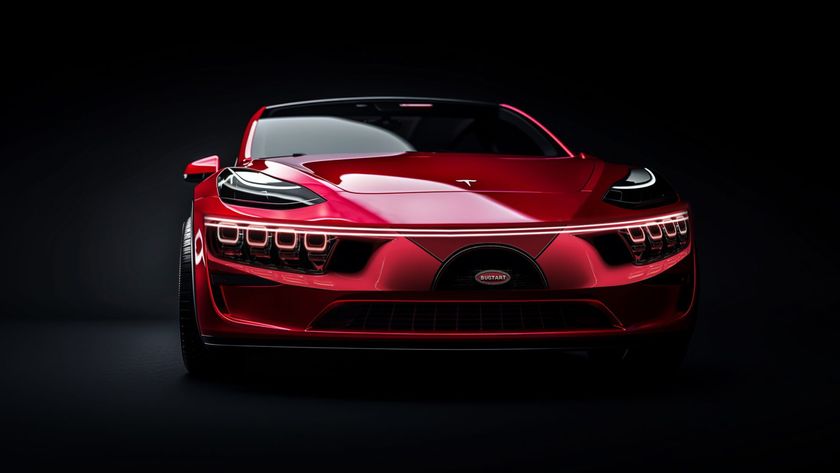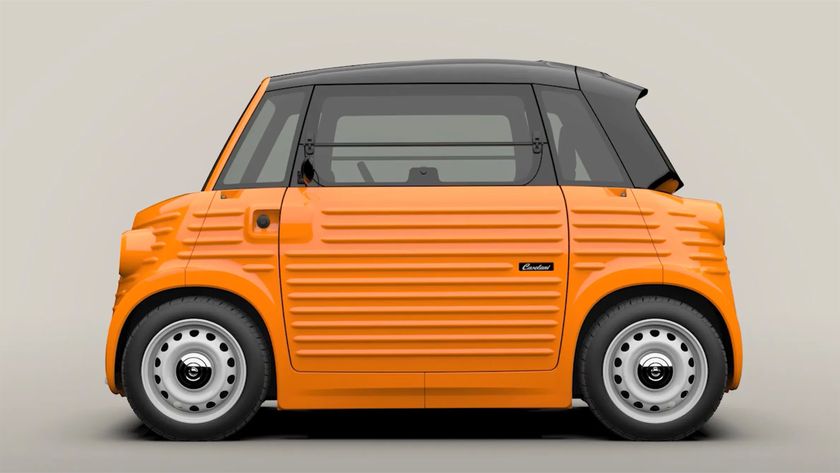Used EV batteries from Audi test fleet to power electric rickshaws of Indian startup
Smart re-use of e-waste
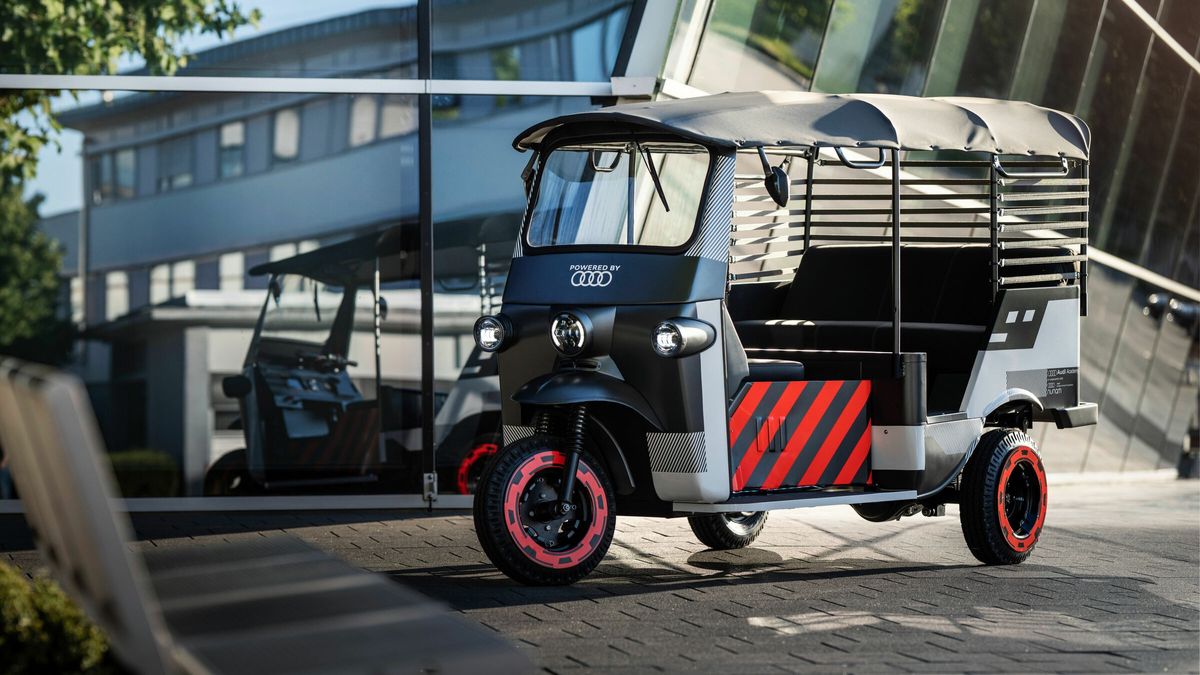
It is a second life for electric car batteries. The German-Indian start-up Nunam will put on Indian roads three electric rickshaws that are powered by used batteries from Audi e-tron test vehicles. The e-rickshaws powered by second-life batteries are scheduled to hit the roads in India for the first time in a pilot project in early 2023.
The non-profit start-up, based in Berlin and Bangalore and funded by the Audi Environmental Foundation, has already developed the three prototypes in collaboration with the training team at Audi’s Neckarsulm site. The start-up’s primary goal is to develop ways to use old batteries as second-life power storage systems, thus both extending their lives and using resources more efficiently.
Old batteries are still powerful
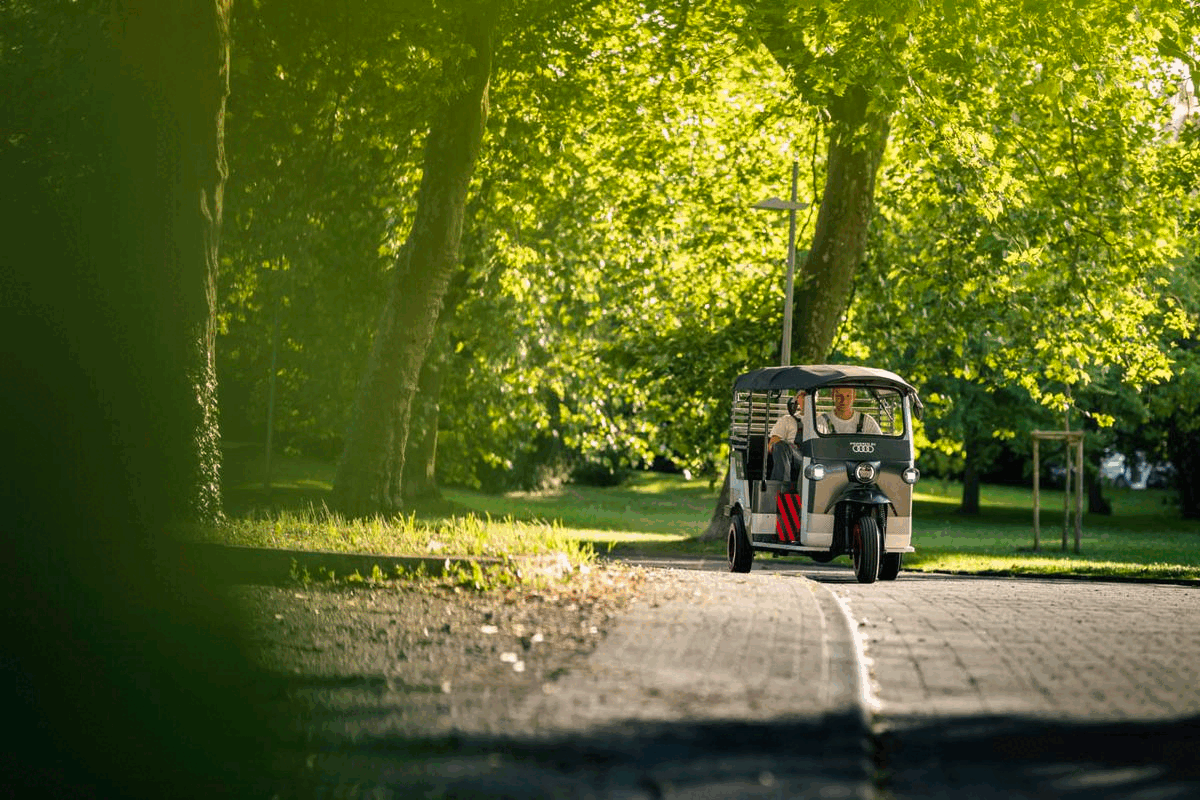
Car batteries are designed to last the life of the car. But even after their initial use in a vehicle, they still have a lot of their power. And they can be used in vehicles with lower range and power requirements.
"The old batteries are still extremely powerful. When used appropriately, second-life batteries can have a huge impact, helping people in challenging life situations earn an income and gain economic independence – everything in a sustainable way," Nunam co-founder Prodip Chatterjee said.
In our second-life project, we re-use batteries from electric cars in electric vehicles; you might call it electric mobility ‘lite’. In this way, we’re trying to find out how much power the batteries can still provide in this demanding use case, he added.
These e-rickshaws will be made available to a non-profit organisation. Women in particular will be able to use the all-electric rickshaws to transport their goods to market for sale, all without the need for intermediaries.
There is a third life too for the batteries
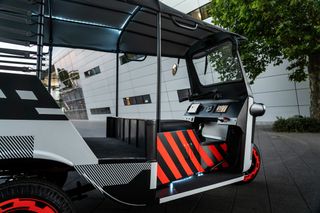
Electric rickshaw drivers mostly have to charge their vehicles primarily with public grid electricity, which has a high proportion of coal-fired power in India. Nunam is working on a solution for this too: The e-rickshaws charge using power from solar charging stations. The solar panels are located on the roofs of the local partner’s premises. During the day, sunlight charges an e-tron battery, which acts a buffer storage unit. And in the evening, the power is passed on to the rickshaws. The electric rickshaws can be used throughout the day – and still be charged with green power during the evening and night.
Get daily insight, inspiration and deals in your inbox
Sign up for breaking news, reviews, opinion, top tech deals, and more.
Nunam continuously monitors the e-rickshaws’ performance and range. Interestingly, after the battery has spent its first life in an Audi e-tron and its second in an e-rickshaw, it might be used for stationary applications such as LED lighting.

Over three decades as a journalist covering current affairs, politics, sports and now technology. Former Editor of News Today, writer of humour columns across publications and a hardcore cricket and cinema enthusiast. He writes about technology trends and suggest movies and shows to watch on OTT platforms.
Most Popular






